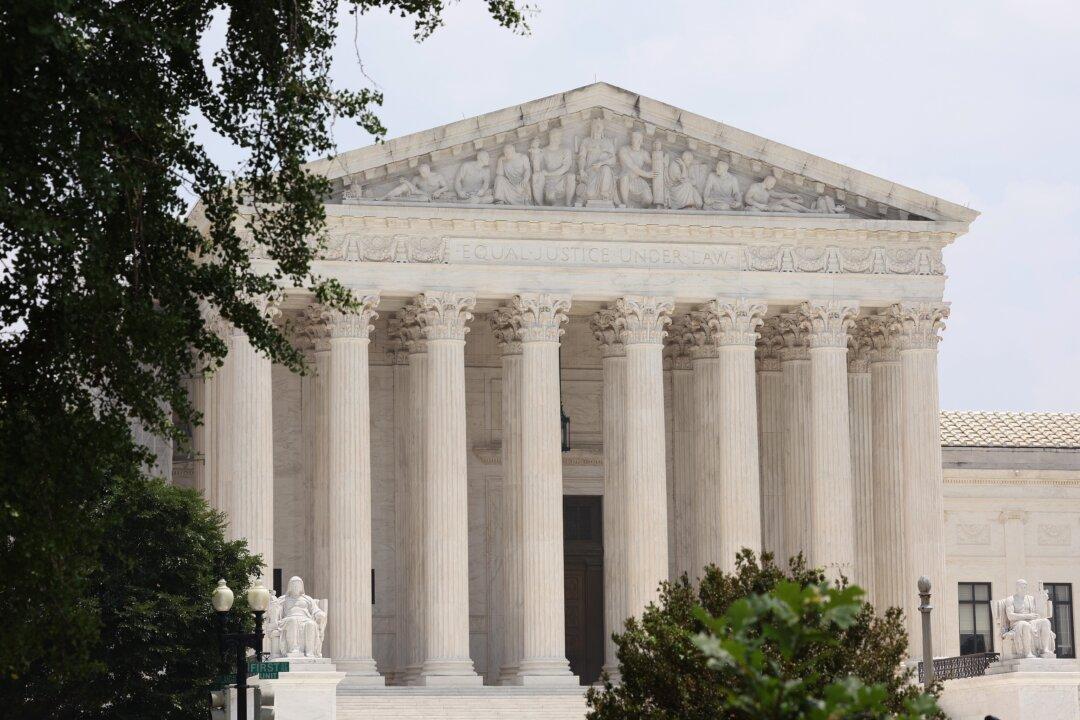The Supreme Court agreed on Dec. 13 to take up the appeal of James Snyder, the former mayor of an Indiana town who was convicted of bribery.
The case comes as the court has been raising the bar in public corruption prosecutions in recent years. The court has been willing to overturn corruption convictions that involve public officials doing things that some think of as normal political activities.





